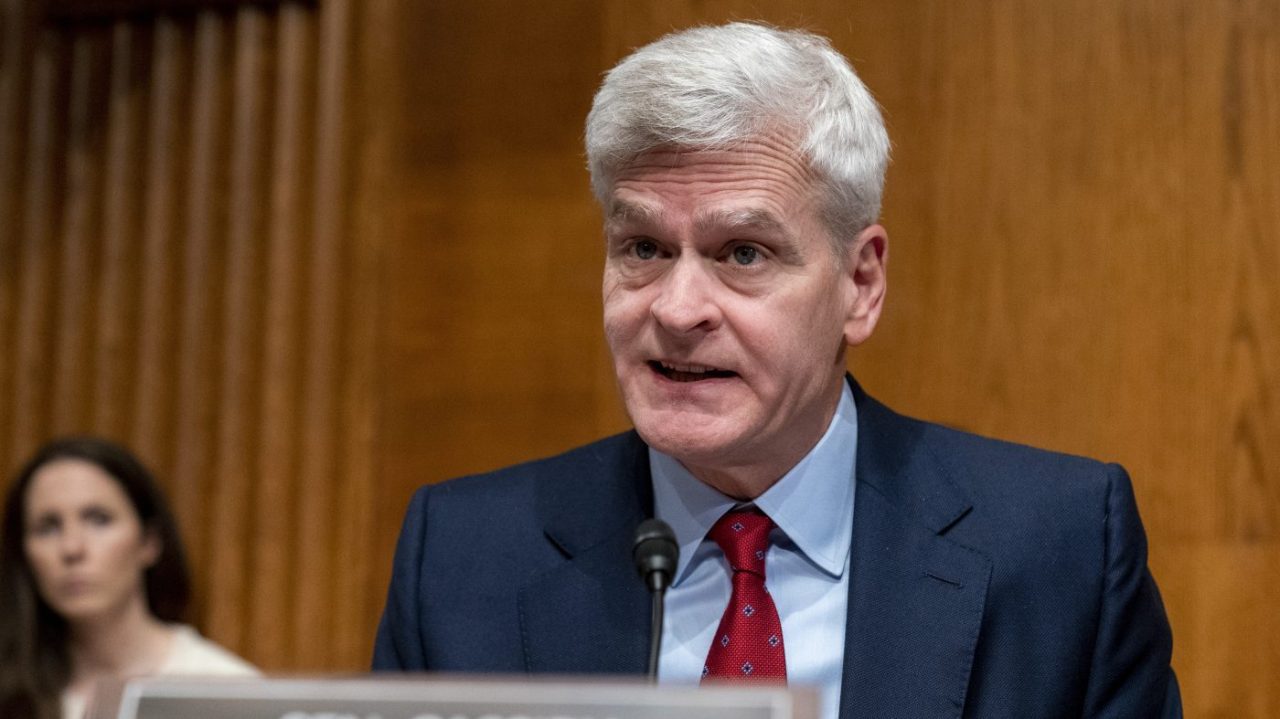- cross-posted to:
- news@beehaw.org
- cross-posted to:
- news@beehaw.org
Little chance of this proceeding all the way through the legislative process, but this shows the preferred approach by a potential future GOP administration on how they would reform higher education costs.
There are five bills in the package. From the article:
-
The “College Transparency Act (CTA)” would reform the college data reporting system so students have better information about outcomes at schools before committing to a university.
-
The “Understanding the True Cost of College Act” will require schools to have a similar style for their financial aid letters with a breakdown of the aid so students can better compare offers.
-
The “Informed Student Borrower Act” requires students to be more informed when applying for a loan by acknowledging they received student loan entrance materials or they participated in entrance counseling.
The fourth bill has larger impact on the types of loans available and how they are repaid:
-
The fourth bill addresses the nine different student loan repayment options the Department of Education offers. The bill cuts those repayment options down to two to simplify the process.
Specifically:
The standard 10-year repayment plan for borrowers would remain and the REPAYE program would stay, with some changes. The REPAYE program gives loan forgiveness earlier to low-income individuals who have low balances on their loans.
Also, only certain schools/programs are eligible for loans at all:
loans can not be given to undergraduate or graduate programs that have shown the earning potential is not higher than a high school graduate or bachelor’s degree
Finally, the last bill impacts graduate loans specifically:
-
The last bill in the package aims to put pressure on graduate schools to lower costs, which account for almost half of student loan debt taken out each year…The legislation would end Graduate PLUS loans, which had their borrowing limit removed in 2006.
jokes



